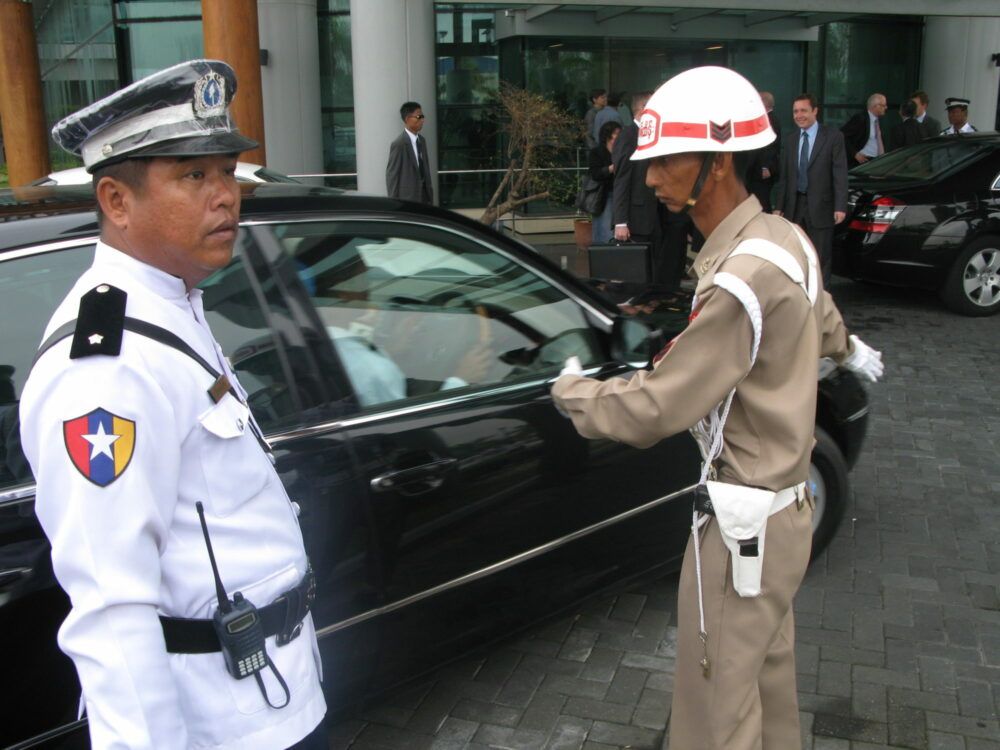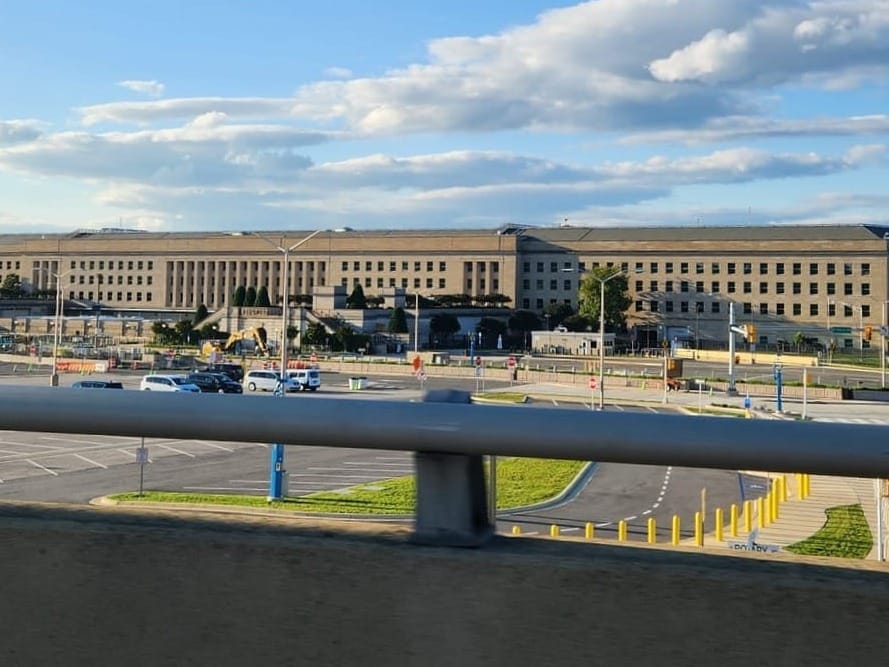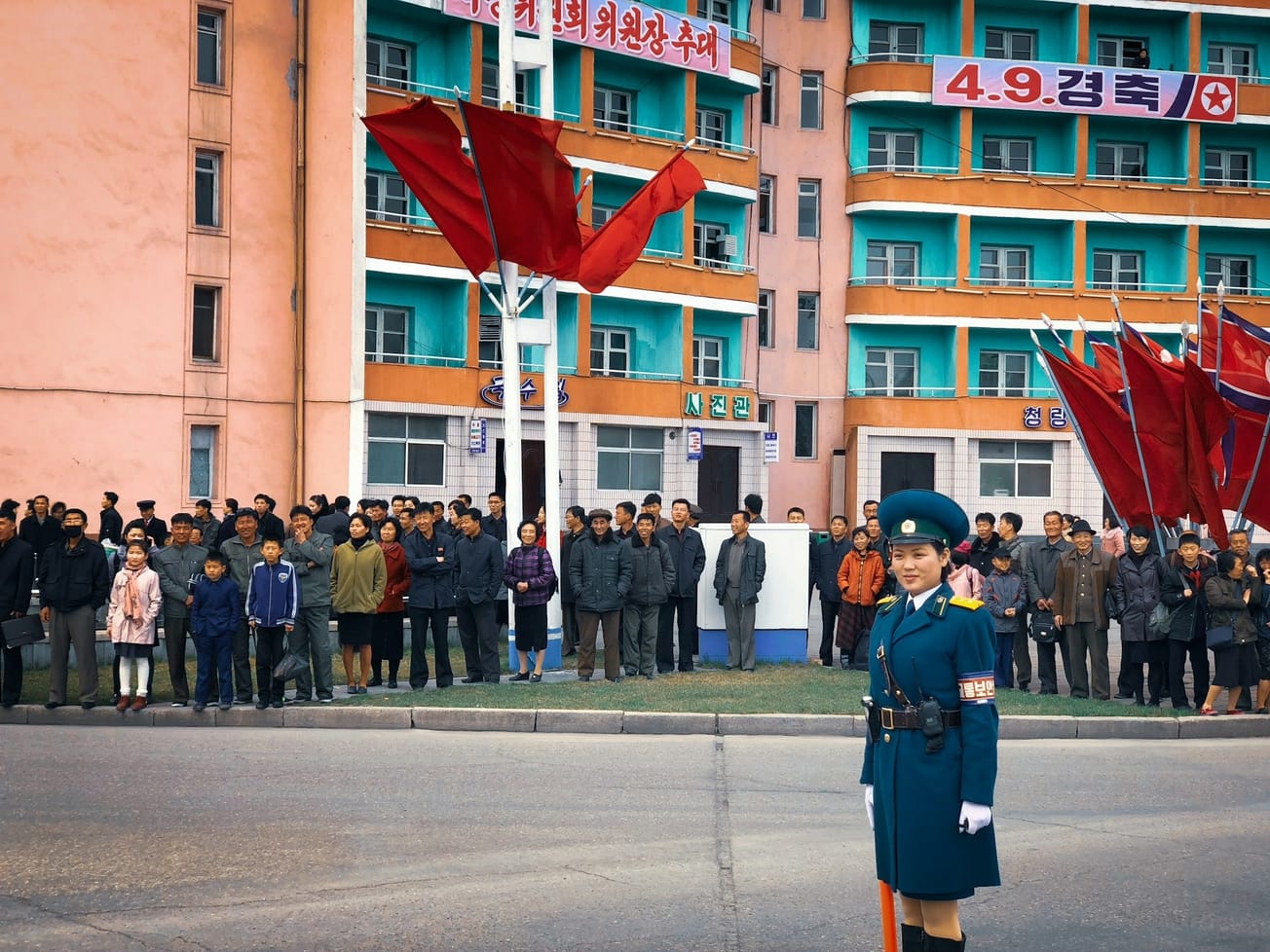GENEVA (AN) — In her first day on the job, U.N. human rights chief Michelle Bachelet lost no time taking on a government built on authoritarian military rule and defending the right to press freedom.
Bachelet, the new head of the Office of the United Nations High Commissioner for Human Rights, strongly condemned Myanmar's conviction of two Reuters journalists, Wa Lone and Kyaw Soe Oo, and called for their immediate and unconditional release.









